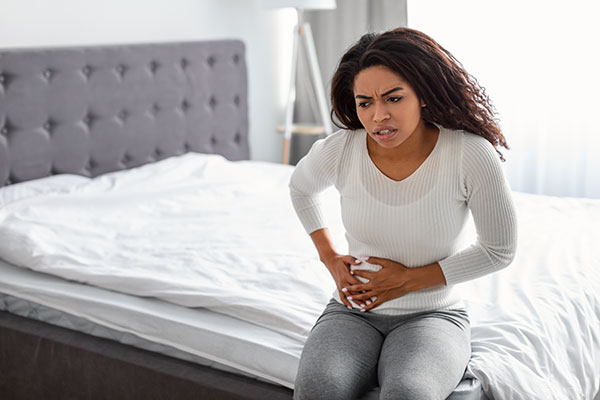Ovarian Cyst Versus Kidney Stone: How to Tell the Difference

Pain in the abdominal region can be concerning, especially when its source is unclear. Among women, two common culprits of abdominal or pelvic pain are ovarian cysts and kidney stones. While both can cause significant discomfort, it’s essential to differentiate between them to ensure proper treatment. This blog from North Pointe OB/GYN in Cumming aims to shed light on the key differences between ovarian cyst pain and kidney stone pain.
What are Ovarian Cysts?
Ovarian cysts are fluid-filled sacs that develop in or on a woman’s ovary. Most of the time, these cysts are harmless and may not even produce any symptoms. However, if a cyst becomes large or ruptures, it can cause pain and other complications.
What are Kidney Stones?
Kidney stones are hard deposits made of minerals and salts that form inside the kidneys. When these stones move into the ureter (the tube connecting the kidney and bladder), they can cause severe pain and other symptoms.
Distinguishing Between Ovarian Cyst Pain and Kidney Stone Pain
Here are some factors to consider when trying to diagnose the source of your discomfort:
- Location of Pain:
- Ovarian Cyst: The pain is usually felt on one side of the lower abdomen, depending on which ovary has the cyst. It can be sharp or dull and may come and go.
- Kidney Stone: The pain typically starts in the back and side below the ribs, eventually radiating to the lower abdomen and groin.
- Nature of Pain:
- Ovarian Cyst: The pain can be constant or intermittent, potentially becoming severe if the cyst ruptures.
- Kidney Stone: Kidney stone pain is often sharp and sudden, increasing in intensity as the stone moves through the ureter.
- Other Symptoms:
- Ovarian Cyst: Symptoms may include bloating, menstrual irregularities, pelvic fullness, or pain during intercourse.
- Kidney Stone: Common symptoms include hematuria (blood in urine), frequent urination, nausea, vomiting, and fever if an infection is present.
- Duration:
- Ovarian Cyst: Pain can last anywhere from a few hours to a few days. Persistent pain should prompt a visit to the doctor.
- Kidney Stone: Pain can last until the stone is passed, which can be hours to weeks. Severe pain or pain accompanied by fever or nausea may require urgent care.
Diagnosis and Treatment
If you’re experiencing abdominal or pelvic pain, it’s essential to see a healthcare professional for an accurate diagnosis. They may use various diagnostic tools:
- For ovarian cysts, ultrasounds, CT scans, or MRIs can help visualize the cyst’s size and location.
- For kidney stones, ultrasounds, CT scans, and urine tests can detect the stone’s presence and its size.
Treatment varies based on the diagnosis:
- Ovarian Cysts: Often, they may resolve on their own. In some cases, birth control pills or surgery might be recommended.
- Kidney Stones: Treatment can include pain relievers, medical therapy to help pass the stone, or surgical procedures for larger stones.
Call Our Cumming Women’s Health Experts for Help
While both ovarian cyst and kidney stone pain can be uncomfortable, understanding their differences is vital for proper care. Always consult a healthcare professional if you experience persistent or severe abdominal or pelvic pain. At North Pointe OB/GYN in Cumming, we’re committed to providing expert guidance and care for all your gynecological concerns.


